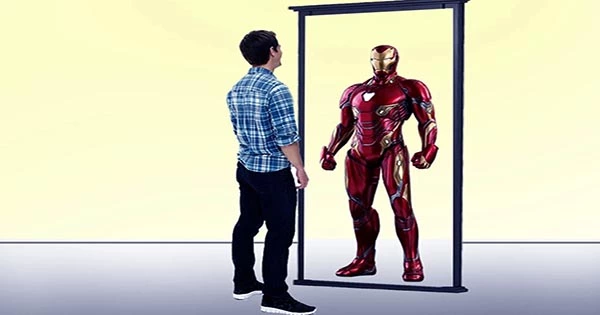Have you ever noticed that the person with the least amount of expertise on a subject is always the one who is most eager to give you their take on it? The Dunning-Kruger effect, a cognitive bias in which persons with low aptitude in a certain profession tend to dramatically overestimate their own competence, may explain this well-known experience. The less talent somebody have, the more likely they are to exaggerate their abilities.
The Dunning–Kruger effect is discussed in a nicely animated video for TED-Ed by none other than David Dunning, a professor of psychology at the University of Michigan who is credited with coining the phenomena with colleague Justin Kruger. “Unskilled and oblivious of it: How difficulties in detecting one’s own inadequacy lead to exaggerated self-assessments,” the pair wrote in 1999. They put a big group of people through a series of tests to assess their talents in the areas of comedy, grammar, and logic. They next asked the participants to evaluate their own abilities.
Surprisingly, people who did the lowest on the test were the most likely to exaggerate their abilities and performance. “Not only do these people draw incorrect conclusions and make poor decisions,” the study finds, “but their ineptitude also robs them of the metacognitive ability to recognize it.” The discovery seemed to resonate with many individuals, and as you can see in the movie below, it’s a phenomena that has been observed in over 100 research since then.
In many social and academic spheres, people have exaggerated ideas of their own skills. According to the authors, this overestimation arises in part because people who are incompetent in these fields bear a twin burden: not only do they form incorrect conclusions and make poor decisions, but their ineptitude also robs them of the metacognitive ability to recognize it.
The authors discovered that those who scored in the bottom quartile on measures of comedy, grammar, and logic greatly underestimated their test performance and aptitude across four investigations. Despite the fact that their test scores placed them in the 12th percentile, they thought that they were in the 62nd percentile.
Several studies have connected this miscalibration to deficiencies in metacognitive capability, or the ability to discriminate between correct and incorrect information. Surprisingly, strengthening the participants’ skills and therefore boosting their metacognitive competence helped them understand their own limits.
















